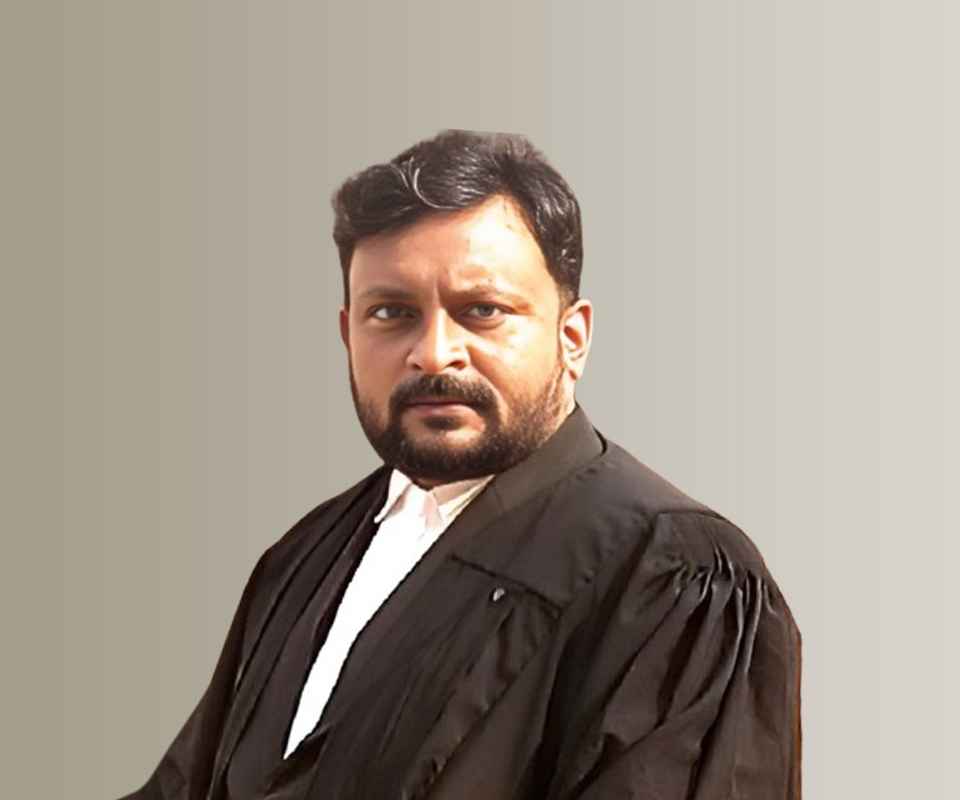Answer By law4u team
In child custody and maintenance cases, a parent's financial responsibility extends beyond just providing for the basic needs of the child, such as food, clothing, and shelter. Courts in India may also consider the extracurricular activities of the child, such as sports, music, dance, or any other non-academic pursuits when determining the amount of child maintenance. While the core focus of child maintenance is to ensure the child’s basic and essential needs, extracurricular activities are increasingly recognized as an important part of a child’s overall development.
Legal Framework for Child Maintenance and Extracurricular Activities
Section 125 CrPC
Under Section 125 of the CrPC, the court can order a parent to provide maintenance not just for the child’s essential needs (food, clothing, shelter), but also for additional costs, which may include extracurricular activities. Courts typically assess the standard of living the child was accustomed to before the separation and the ability of both parents to support the child’s development in various areas, including non-academic activities.
If the child was previously involved in extracurricular activities like sports or music lessons, the court is likely to consider these activities as part of the child’s well-being and may order the non-custodial parent to continue supporting such endeavors. The goal is to maintain the child’s life as close as possible to what it was before the separation.
Section 20 of the Hindu Adoptions and Maintenance Act, 1956
Under Section 20 of the Hindu Adoptions and Maintenance Act, a Hindu parent has an obligation to maintain their child’s reasonable needs. This section can be interpreted to include the child’s involvement in extracurricular activities, as these are considered essential for the child’s development. The court can decide that such expenses are a legitimate part of the child's maintenance.
Best Interests of the Child
In custody and maintenance cases, the courts are primarily guided by the best interests of the child. If the child’s participation in extracurricular activities is deemed beneficial for their personal growth, social skills, and emotional development, the court may view such expenses as part of the child’s overall needs. For instance, if a child is passionate about sports or music and it has been a part of their routine, the court will likely include these costs in the maintenance order.
Factors Considered by the Court in Deciding Extracurricular Expenses
Child’s Established Participation
One of the primary factors the court considers is whether the child has been regularly involved in extracurricular activities before the separation or divorce. If a child has been attending sports classes, music lessons, or participating in cultural events, the court will recognize this as a pre-existing need. It is in the best interests of the child to continue such activities if they have been part of the child’s life.
Financial Capability of the Parents
The court assesses the income and financial capability of both parents when deciding how much to allocate for extracurricular activities. If one parent has the financial means to support such activities, they may be ordered to bear the costs. However, the court may also split the responsibility between the parents, depending on their respective financial situations and the standard of living that the child is accustomed to.
Reasonableness of the Expenses
The court evaluates whether the child’s extracurricular activities are reasonable in terms of cost. For example, high-cost activities like private music lessons or professional sports training may require a higher maintenance contribution, whereas less expensive hobbies or classes may require a lower amount. The overall expenses must be justifiable based on the child's age, interest, and the family's financial capacity.
Child’s Interests and Aspirations
If the child has a strong interest in a particular extracurricular activity, such as an athletic talent or a passion for art, the court may decide that continuing these activities is essential for the child’s development. The court may order the parents to contribute towards such activities as part of the maintenance to ensure the child has access to opportunities that foster their growth and skills.
Standard of Living
As mentioned earlier, the standard of living the child enjoyed before the separation is an important consideration. If the child was previously enrolled in various extracurricular activities, the court is likely to order the parents to continue providing such opportunities, ensuring that the child maintains the lifestyle and enrichment they were accustomed to.
Availability of the Activities
The location and accessibility of extracurricular activities may also play a role. If a specific activity requires travel expenses or is available only in a different location, the court may consider whether the parents can realistically share such costs or if one parent should bear the entire expense.
Court’s Decision on Dividing the Costs of Extracurricular Activities
In cases where both parents share custody or are required to provide for the child’s needs, the court may divide the costs of extracurricular activities proportionately based on their income and financial capacity. If the non-custodial parent has limited financial means, they may be asked to contribute a smaller amount compared to the custodial parent, who may be responsible for the child’s daily living costs. However, both parents are generally expected to contribute to the child’s overall well-being.
Example
Suppose Priya and Anil are separated, and Priya has custody of their 10-year-old daughter, Rhea. Before the separation, Rhea was actively involved in both ballet lessons and tennis coaching, which cost approximately ₹20,000 per month.
Priya’s Financial Situation: Priya earns ₹30,000 per month and has been supporting Rhea’s extracurricular activities alone since the separation.
Anil’s Financial Situation: Anil earns ₹50,000 per month and is ordered by the court to contribute to Rhea’s maintenance.
In this case, Priya requests the court to order Anil to contribute towards Rhea’s extracurricular activities as part of child maintenance. Given Rhea’s established participation in these activities and the fact that she has continued with her lessons after the separation, the court finds that it is in Rhea’s best interests to maintain her involvement in both ballet and tennis.
The court may order Anil to contribute 50% of the total costs for extracurricular activities, which would be ₹10,000 per month. This ensures that Rhea’s development continues smoothly without being impacted by the separation of her parents.
Conclusion
Yes, a parent can be ordered to pay for a child’s extracurricular activities as part of the child maintenance arrangement in India. The court evaluates several factors, such as the child’s established involvement in activities, the financial capability of the parents, the reasonableness of the expenses, and the best interests of the child. If the child’s extracurricular activities are considered an important part of their upbringing, the court may order both parents to contribute towards these costs as part of the overall maintenance. The goal is to ensure that the child’s development, both academically and socially, is supported during and after parental separation.






